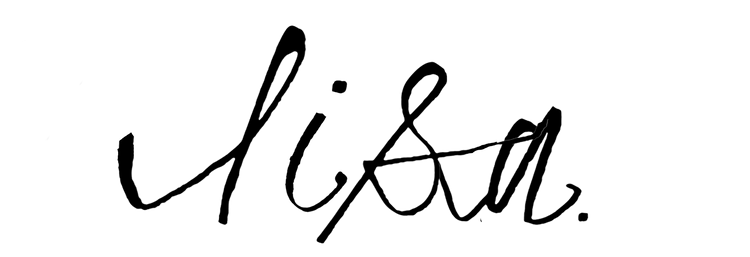As I was preparing research for this episode, I was half listening to Happier than Ever, the new album from Billie Eilish. I couldn’t help but think that the album is a pretty good introduction to the concept of psychological richness. Is Billie happier than ever? I’ll take her word for it, but the songs in and of themselves paint the picture of a life that goes beyond happiness. A multitude of experiences concluding in what one might weigh as having positive and negative results. One that lives by curiosity, seeks adventure, new experiences, and values the idea of psychological richness.
Until recently, the field of psychology focused on two dimensions of general well being. Hedonic (pleasure, enjoyment and mostly positive emotions and focussed on stability), and Eudaimonic (a life of purpose, meaning, and service).
Now - 2020 to be exact, researchers at the University of Virginia led by Shigehiro Oishi have proposed another dimension of well-being, psychological richness.
Psychological richness, as defined by the study, is characterized by variety, novelty, and interest. But it goes deeper than that. What distinctly separates psychological richness from hedonic and eudaimonic well-being, is that psychological richness includes positive AND negative experiences and events that expose us to both new and unique ideas and perspectives along with different degrees of stress and challenge. Psychological richness is new, unordinary, and perspective shifting, oftentimes provoking a new world view. Simply put, psychologically rich experiences are ones that have the capacity to change our minds.
And this distinction is really important and plays out in fascinating ways in the study. Here’s how it breaks down.
Researchers asked people from nine countries to journal about their ideal life and then were asked to analyze it. Findings show that an ideal life was happy and meaningful, both hedonic and eudaimonic, but also for some, moderately eventful, surprising, and interesting, or what researchers concluded as psychologically rich. When participants were asked to choose between a happy life, a meaningful life, or a psychologically rich life, most chose a happy or meaningful life, but 7-17% of participants chose a psychologically rich life.
Where this gets really interesting to me is the breakdown of data regarding the traits of those who value psychological richness over happiness and meaning. Researchers discovered that people self-reporting high levels of psychological richness experience both positive and negative emotions more intensely, whereas those high in happiness and meaning reported feeling positive emotions more intensely but not negative ones. Interesting, right?
Researchers also found that people high in happiness and meaning were more politically conservative and system justifying, whereas those high in psychological richness were mostly liberal and continually sought out new ideas and perspectives.
This really caught my attention and speaks to the status quo that results from a life full of happiness and meaning. To quote the study, “One problem with happy and meaningful lives is that both can be monotonous and repetitive. A person with a steady—perhaps even rewarding—9-to-5 job, happily married with children, may have a happy and, in many respects, meaningful life, but not necessarily a life rich in diverse experiences. Recent studies show that people dislike the state of boredom so much so that some are even willing to give themselves a painful electric shock rather than sit idly (Westgate & Wilson, 2018). In other words, a happy or meaningful life can also be boring. In contrast, psychological richness fulfills the need for complex, varied experiences, of the sort that change people’s view of the world and their place in it.”
The study goes on to include a second method of data gathering, but I won't go into that here. The results point to similar findings and conclude that a psychologically rich life is desired indirectly, the results of participants choosing psychological richness over happiness and meaning was higher. I’ve linked the study in the notes to the episode.
What I will say is that these findings inspired a long list of questions in my mind about happiness. Personally, upon reflection, I concluded that I probably value psychological richness above all else in terms of well-being. I’m a risk taker, I value new experiences, and I love being wowed. Even if the road to wow or awe is challenging. And that says a lot about my own psychology. Do I gravitate toward the wow because it fills me up without having to look inward? Or does it create a ripe environment for me to look inward, contrast and compare, get to know myself better? Change my mind? I suppose both could be true.
And then I wonder the same for those who value the monotony of happiness and meaning? If part of this dimension of well being is monotonous and does not challenge thought and perspective as much as psychological richness, does true happiness rely on a bit of delusional and magical thinking? Maybe. Does looking on the sunny side of life mean that we can only experience happiness if we never let in anything new, novel, or potentially threatening?
So many questions? Rich, right?!
For more on PSYCHOLOGICAL RICHNESS listen to JOY IS NOW Episode 56 with Marja Germans Gard, PhD.

Leave a comment